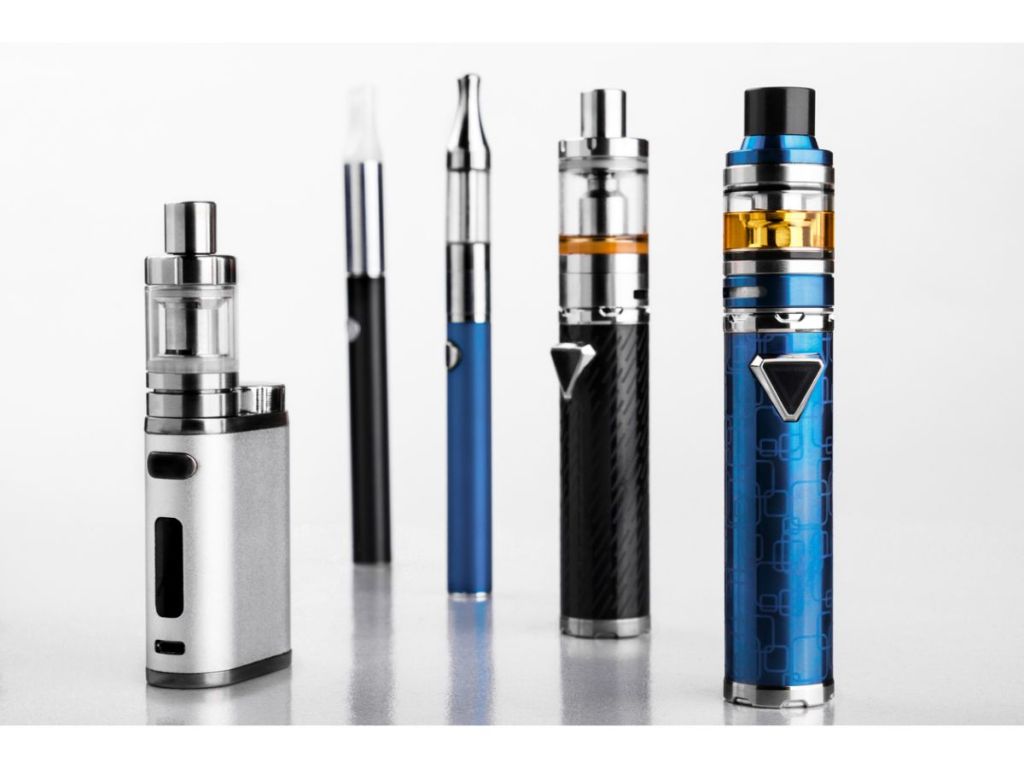The Therapeutic Goods Administration is one step closer to allowing the sale of e-cigarettes containing nicotine and nicotine fluid for vaping – with a doctor’s prescription.
The TGA announced yesterday it had reached an interim decision which, if finalised, would allow prescriptions for the products to be filled by community and online pharmacies.
The decision would also see a ban enforced on imported products, unless ordered with a valid prescription and imported under the TGA Personal Importation Scheme.
Sales of nicotine e-cigarettes and fluids, as well as their possession or use is currently illegal in all states and territories, bar South Australia.
In a statement on the decision, the TGA said the move was to encourage and support smoking cessation.
“…The requirement for a prescription would provide an opportunity for patients to consult with their medical practitioner as to whether e-cigarettes or other products containing nicotine are right for you as an aid to stop smoking,” it said.
“Medical practitioners are well placed to support smoking cessation and advise on how to reduce the risks associated with nicotine use.”
However AACS CEO Jeff Rogut, who has been vocal in his opposition to the proposal, argues if consumers have to visit a GP to get a prescription, and have this filled at a pharmacy, it will both ‘fail in a health sense’ and be a ‘slap in the face’ to small businesses.
“This absurd proposal can be revised. It must be, if our health authorities are serious about helping people looking for a safer alternative to tobacco,” Mr Rogut said.
“It makes no sense to make it harder for people to access products that are safer for them. There is a positive health outcome that is simply being ignored.”
Mr Rogut added that as convenience stores are responsible sellers of legal tobacco, they had proven themselves capable of retailing vaping products in line with regulations. He added the additional costs involved in visiting a GP would be a deterrent to people seeking alternatives to tobacco.
“. The process is obviously too expensive and inconvenient for people. It makes access to safer products more difficult, which defies logic. Instead, it encourages them to continue their habit and abandon their efforts to quit.”
Pointing to NZ, where vaping products can be sold through retailers who hold a specialist license, he deemed the decision ‘short sighted’ and urged the TGA to reconsider.
National Retail Association CEO Dominique Lamb also criticised the draft ruling, describing it as ‘ridiculous and inconsistent’.
“This outcome is not only the worst of both worlds for small retailers who will be locked out of selling smoke-free nicotine but still able to sell more harmful tobacco, but it’s also the worst of both worlds for consumers who want to quit cigarettes,” Ms Lamb said.
“It also makes no sense that the Federal Government would lock out small business owners from this market when so many of them are already struggling to stay afloat. A far better option would be to allow the sale of smoke-free nicotine in the same places and with the same legal restrictions as currently apply to cigarettes and tobacco. This would be a far more sensible and consistent outcome, which would help both smokers and small businesses to give up cigarettes.”
The interim decision is open to public consultation until November. A final decision is expected to be announced in December, which would become effective mid-next year.

